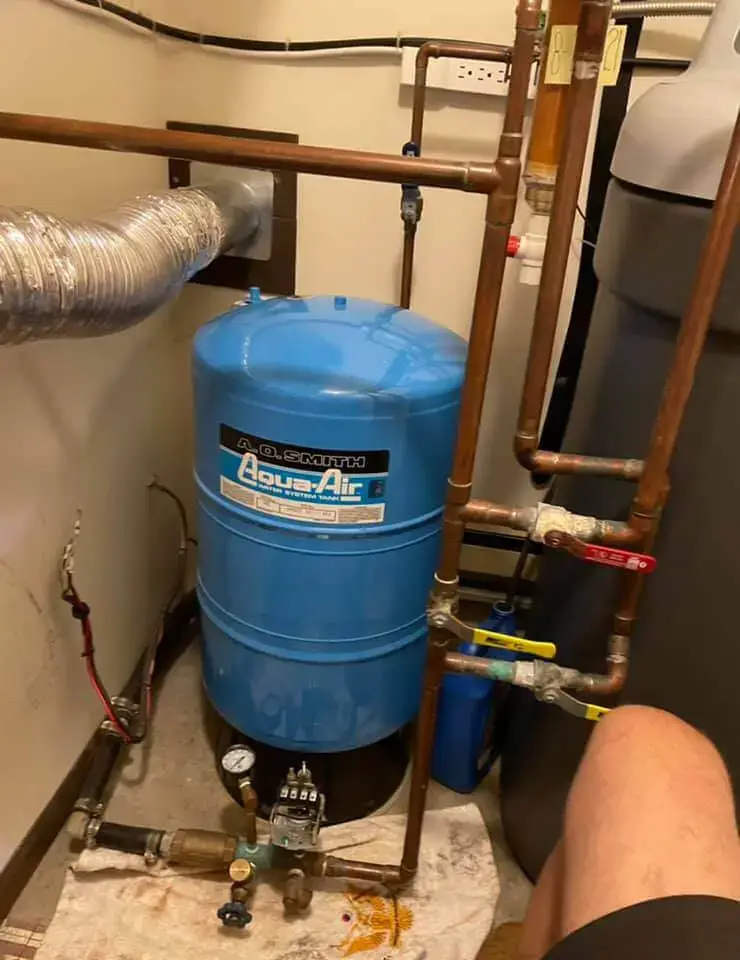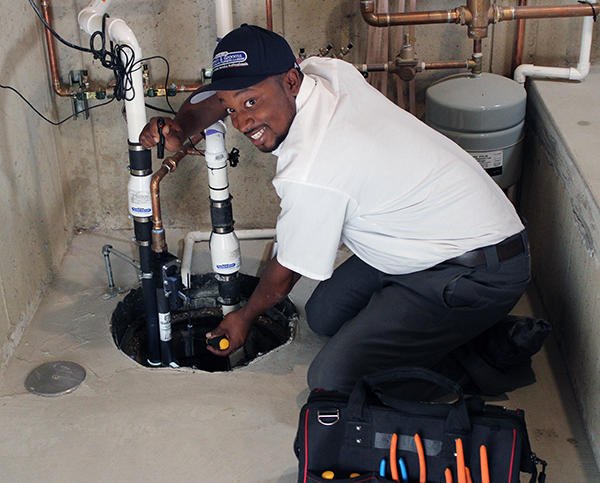Top Notch Water Filtration Systems: Ensuring Clean and Pure Consuming Water
Top Notch Water Filtration Systems: Ensuring Clean and Pure Consuming Water
Blog Article
Recognizing the Key Components of Effective Water Filtration Systems

Importance of Water Filtration Equipment
Water filtering systems play an important role in ensuring accessibility to secure and tidy drinking water by effectively getting rid of pollutants and impurities. These systems are important in addressing the expanding issues over water quality and the possible health and wellness risks linked with taking in contaminated water. By making use of different purification systems such as reverse osmosis, activated carbon, and UV sanitation, water purification systems can efficiently remove dangerous substances like microorganisms, viruses, heavy metals, and chemicals from the supply of water.
Moreover, water purification systems help to enhance the taste and smell of water by eliminating chlorine, debris, and various other contaminants that can influence its high quality. Pump repairs & installation. This improvement in water quality not just makes it much more tasty yet likewise encourages people to drink an appropriate quantity of water daily, promoting much better hydration and total health
Sorts Of Filtration Components

Physical filters are developed to physically stress out contaminations from the water. These filters can be made of materials like ceramic, carbon, or perhaps sand, and they function by capturing fragments larger than the filter's pores as water passes with.
Chemical filters make use of numerous chemical procedures to remove pollutants from the water. Examples consist of turned on carbon filters, which adsorb contaminations, and turn around osmosis membranes, which use pressure to separate pollutants from the water.
Organic filters use living microorganisms like algae or bacteria to break down raw material and contaminants in the water. These filters are often used in wastewater treatment plants or natural water purification systems.
Comprehending the various types of filtering elements is vital for picking one of the most ideal water purification system for details filtration demands.
Feature of Debris Filters
Sediment filters play a critical duty in water purification systems by properly capturing strong fragments suspended in the water. These filters are usually the first line of protection in a filtering system, eliminating larger particles such as sand, silt, dust, and corrosion prior to the water moves through finer purification phases. By capturing these sediments, the filters prevent them from getting to downstream parts, therefore extending the life-span and effectiveness of the entire system.
The feature of debris filters is important in maintaining water top quality and shielding delicate tools from damage triggered by particles. Additionally, by getting rid of noticeable particles, debris filters enhance the quality and taste of the water. Consistently cleaning or replacing debris filters is vital to guarantee optimum performance. Neglecting this upkeep can result in obstructing, decreased water circulation, and jeopardized filtration effectiveness. In general, debris filters are crucial components that contribute dramatically to the efficiency of water filtration systems.
Role of Triggered Carbon Filters
Playing an essential function in water filtering systems, turned on carbon filters are important in eliminating contaminations and impurities from the water. These filters are developed to adsorb and trap a variety a knockout post of contaminants, including chlorine, unstable natural compounds (VOCs), chemicals, and herbicides. The activated carbon product has a large area, permitting the efficient trapping of pollutants with a procedure called adsorption. As water passes via the filter, the triggered carbon draws in and holds onto the contaminations, ensuring that the water that appears beyond is cleaner and more secure for usage.
Activated carbon filters are very reliable at improving the taste and odor of try this out water by lowering chemicals that can impact its quality. Due to their convenience and dependability, turned on carbon filters are a crucial component in making certain that water is purified to the highest possible requirements prior to reaching customers.
Comprehending Reverse Osmosis Systems
Reverse osmosis systems are sophisticated water purification systems that employ an innovative procedure to remove pollutants and contaminations from drinking water. These systems work by applying stress to the water, compeling it through a semi-permeable membrane.
In addition, reverse osmosis systems are reasonably low-maintenance and can be installed under the sink or in a main purification system, giving hassle-free accessibility to tidy water throughout the household. Generally, understanding just how reverse osmosis systems work can aid people make educated decisions about their water filtration demands.
Verdict
In verdict, efficient water filtration systems are crucial for making certain secure and clean alcohol consumption water. By recognizing the function and duty of each component, people can make educated choices when selecting a water purification system.
Water filtering systems play an essential duty in guaranteeing accessibility to risk-free and tidy alcohol consumption water by successfully removing pollutants and contaminants. By using numerous filtering devices such as reverse osmosis, triggered carbon, and UV sanitation, water filtering systems can successfully eliminate harmful materials like bacteria, viruses, heavy steels, and chemicals from the water supply.
Debris filters play an important duty in water filtration systems by properly capturing solid fragments suspended in the water (Well Pump Replacement).Playing an important duty recommended you read in water purification systems, triggered carbon filters are critical in removing impurities and pollutants from the water supply.Reverse osmosis systems are innovative water filtration systems that utilize an innovative procedure to eliminate impurities and impurities from alcohol consumption water
Report this page